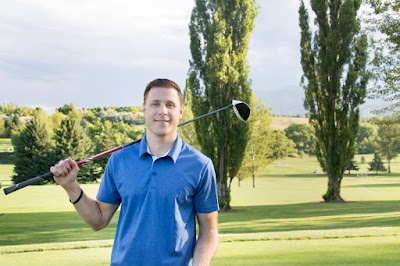The Colony of Tasmania, the Colony of Western Australia, the Province of South Australia, the Colony of New Zealand, the Victoria Colony and the Colony of Queensland were all carved from the original large land mass which comprised the settlement of New South Wales.
When Australia was finally organized under one federation, the colonies of New South Wales, Victoria, Queensland, South Australia, Western Australia and Tasmania became the founding states of the Commonwealth. Dennis Roeder is a native of New South Wales.

New South Wales of Australia is the first British settlement in Australia, established in 1781. New South Wales’ total land area is 309,130 square miles and today’s population is 6,917,658. New South Wales was admitted to the Commonwealth in 1901, and has stipulated its state bird as the kookaburra and the state flower as the waratah.
Dennis Roeder has lived his life in New South Wales, which contains both coastal mountains and tablelands in the interior. The state enjoys the Pacific Ocean on the eastern edge, and shares boundaries with Victoria to the south, South Australia on the west and Queensland on the northern edge. Lord Howe Island off the eastern coast is also part of New South Wales, which is the most heavily populated of the Australian states.
New South Wales reflects the demographic variety of Australia as a whole, as well as illustrating the struggles of the larger country in its political and economic challenges. NSW has dealt with changes in world industries and competition, developing different crops and markets when wool, wheat, dairy and meat prices declined.















